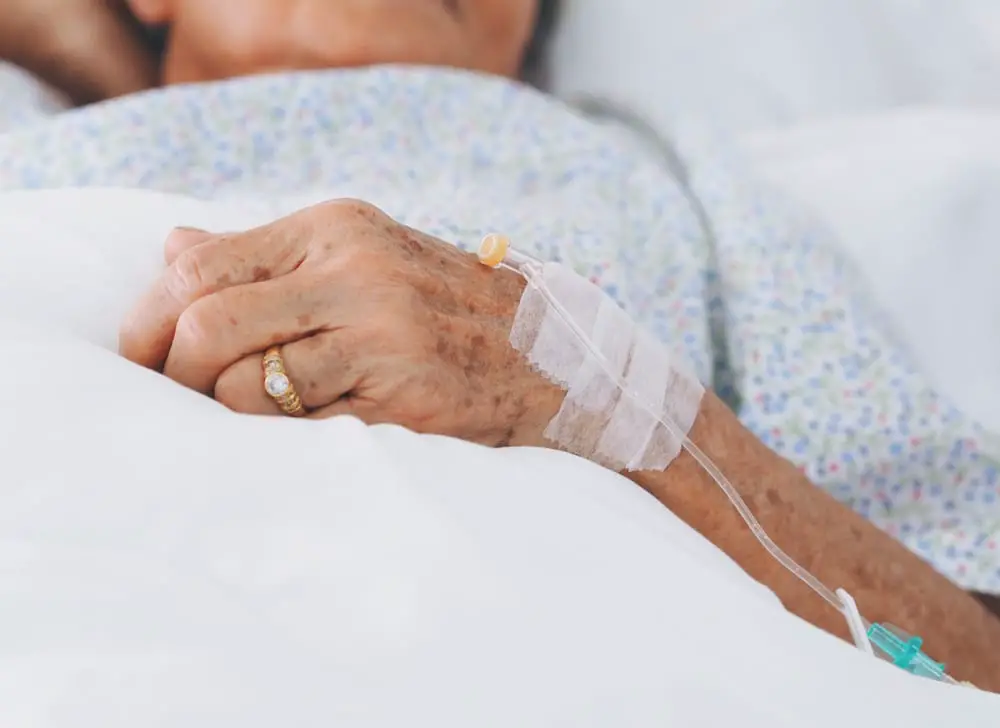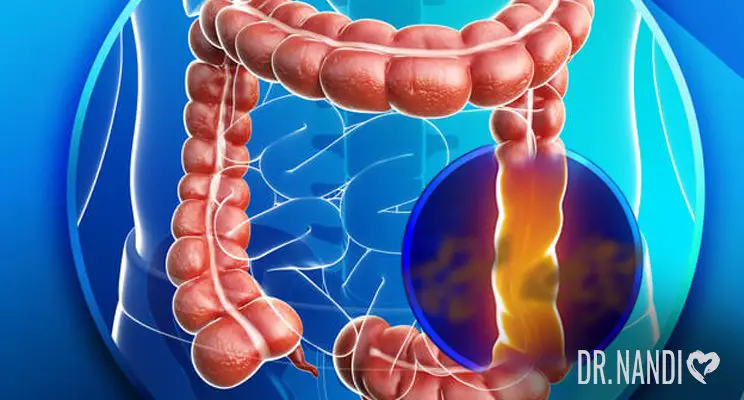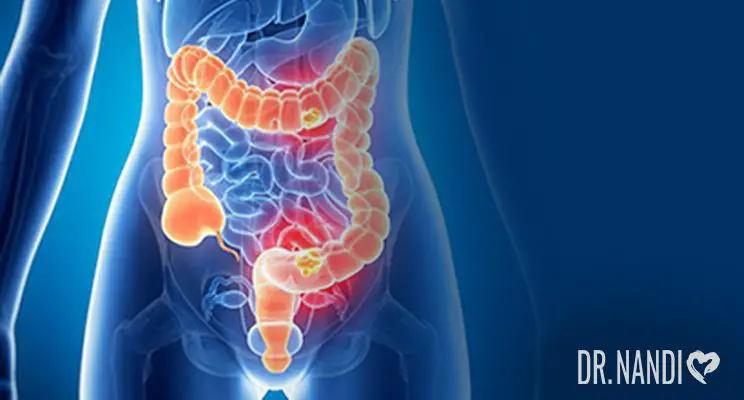The Centers for Disease Control and Prevention says a third of adults in the U.S. don’t get enough sleep. This is concerning considering recent studies have tied poor sleep to increased risk for strokes and heart attacks. (1,2,3)
Poor Sleep And Stroke
“It’s like with diet, every cell in the body benefits from food in some way,” says Michael Grandner, director of the Sleep and Health Research Program at the University of Arizona College of Medicine in Tucson. “Sleep is similar in that way. The whole body (benefits).” (4)
A 2018 study found people with sleep disorders, especially sleep apnea, are common in those also at risk for stroke. Another study compared people who sleep fewer than six hours a night to those who average six to nine hours and found those with less sleep had a 20% higher risk of heart attack. (2,3)
According to Grandner, it is possible many people might not even know they have a sleep disorder. “A lot of sleep disorders are underdiagnosed and undertreated,” he says. “If you’re concerned about your sleep, it’s important to see a specialist.” (4)

Poor Sleep And Body Weight
Excess body weight has also been tied to poor sleep, according to one study. The research found those who slept under seven hours each night tended to have a higher average body mass index and develop obesity compared to people who enjoyed longer sleep. Poor sleep also contributed to inflammatory markers and salt retention. (4,5)
“Sleep plays many roles and is involved in most regulatory systems in the body,” Grandner says. “This includes everything from how cells transport glucose to manage energy, to how the immune system recognizes tissue for repair.” (4)
Poor Sleep And Alzheimer’s
In fact, even one missed night of sleep can cause beta amyloid protein build-up in the brain which is related to Alzheimer’s disease risks. Research found protein in the hippocampus, the part of the brain related to forming new memories, which is also an area that Alzheimer’s first affects. (4,6)
Beyond Poor Sleep And Stroke
There could be more disorders than you might immediately think of, including insomnia, sleep apnea, and restless leg syndrome. Just because you can’t sleep doesn’t necessarily mean you have a sleep disorder. Bad habits can lead to poor sleep according to Marie-Pierre St-Onge, director of Columbia University Irving Medical Center’s Sleep Center of Excellence. (4)
Improving Sleep Hygiene
“Maintaining good sleep hygiene and a stable schedule helps regulate cycles – not staring at a phone or computer right until you go to bed, for example,” she says. “Looking at your emails before bedtime not only shines light in your eyes that disrupts sleep signals but can also cause some stress. Thinking about the next day’s task may prevent you from falling asleep.” (4)
Luckily Grandner says there are ways to improve sleep, including learning how to “wind down” as bedtime approaches. You can also: (4)
- Avoid drinking caffeine too late
- Reduce stress
- Stick to a regular sleep schedule
- Avoid eating late
- Walk around until you feel more tired if you can’t sleep
To help prepare for a peaceful sleep, you can also try meditation to help calm you down at bedtime.

My Personal RX for quality sleep:
1. Establish a “digital curfew” before bed when you disconnect from electronic devices. The blue light emitted by screens can disrupt sleep patterns. Instead, engage in relaxing activities such as reading a book, taking a warm bath, or practicing gentle stretching.
2. Experiment with calming scents, such as lavender, chamomile, or vanilla, in your sleep environment. You can use essential oils, linen sprays, or scented candles to create a soothing atmosphere.
3. Discover the secrets to restful and restorative sleep with the Sleep Guide. This step-by-step guide will help you create a sleep routine and establish healthy habits for a rejuvenating slumber. Unleash the power of quality sleep.
4. Unlock the potential of Sleep Max supplements. Formulated to support optimal sleep, these supplements provide a blend of natural ingredients that promote relaxation and enhance sleep quality. Experience the restorative power of sleep.

Source:
- https://www.cdc.gov/sleep/index.html
- https://www.ncbi.nlm.nih.gov/pmc/articles/PMC5836576/
- https://www.sciencedirect.com/science/article/pii/S0735109719359492?via%3Dihub
- https://www.heart.org/en/news/2020/06/05/the-dangers-of-sleep-deprivation
- https://bmjopensem.bmj.com/content/4/1/e000392
- https://pubmed.ncbi.nlm.nih.gov/29632177/












 Subscribe to Ask Dr. Nandi YouTube Channel
Subscribe to Ask Dr. Nandi YouTube Channel









